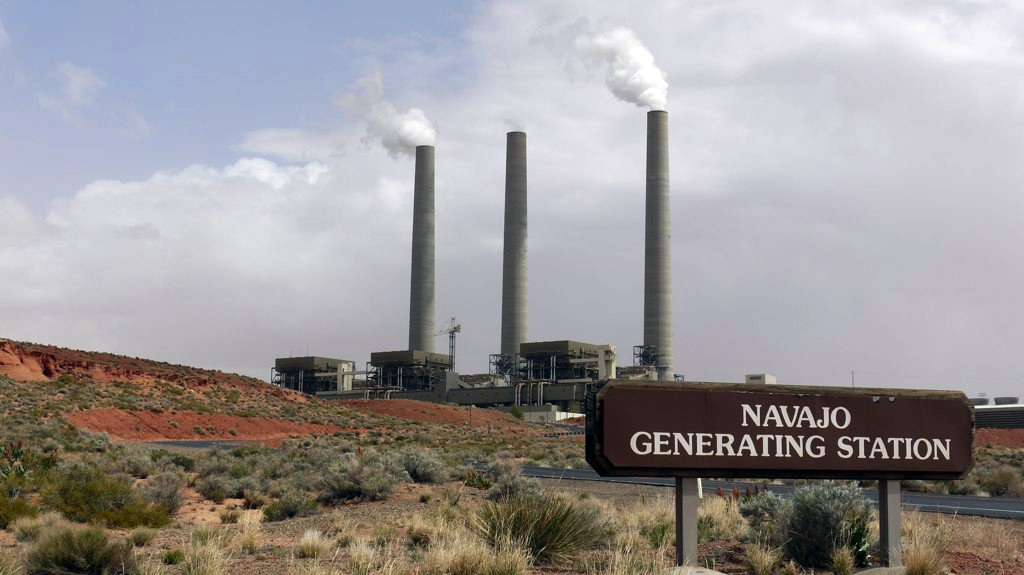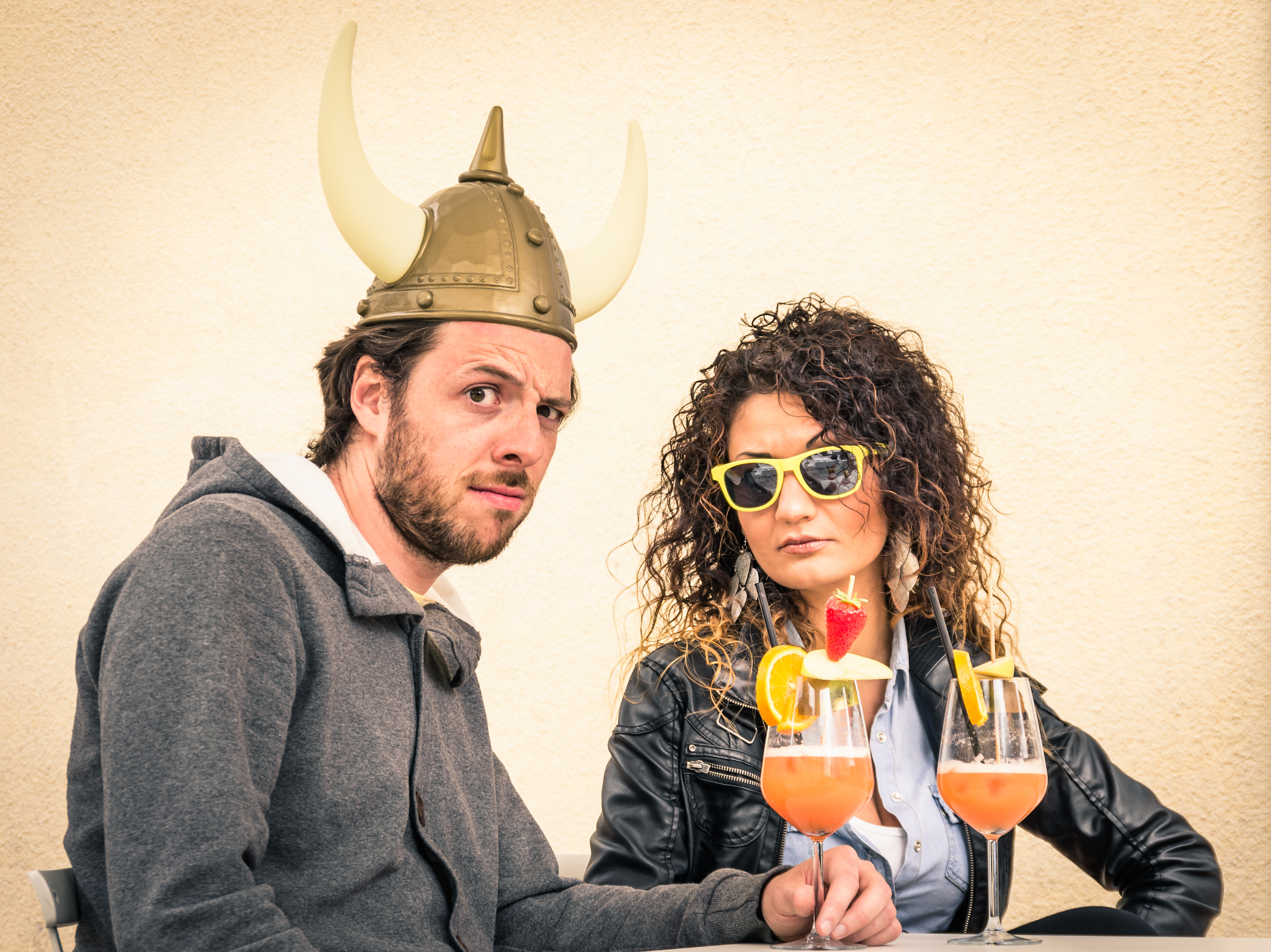
ShutterstockThey don’t always look happy, but really they are.
Their days of seafaring plunder are over, but Danes are still the happiest people in the world, says the U.N. How do they do it? With sustainable development, a sane workweek, and umbrella drinks, for starters.
The news comes from a new United Nations report [PDF] attempting to measure the happiness factor of countries around the globe. The world’s people are feeling decidedly “meh,” according to the report, released Monday by the U.N. Sustainable Development Solutions Network: “On a scale running from 0 to 10, people in over 150 countries, surveyed by Gallup over the period 2010-12, reveal a population-weighted average score of 5.1.”
But the mood in some countries is downright giddy: The U.N. calls them “happiness hot spots,” but you can just think of them as the Earth’s erogenous zones. Topping the list? Denmark, which scored a 7.693 on the happiness scale. (The U.S. pales at No. 17, but we’re a far cry happier than the notoriously violent African nation of Togo, where the people rated themselves just 2.936.)
How, you wonder, could the world’s happiest country be one with terrible weather and a regional cuisine built around pickled herring? Well, I spent a week in the kingdom this summer, and have a few theories on the matter.
For starters, the Danes have the world’s lowest level of income inequality, and the highest minimum wage. (While there is no mandated minimum wage in Denmark, the union-negotiated minimum is approximately $20 an hour.) And the benefit packages ain’t half bad. Denmark provides free, taxpayer-funded healthcare to all residents. Most Danes work just 37 hours a week, and many wrap it up in four days. On top of that, they get five or six weeks of vacation plus two weeks of holidays. That leaves a lot of time for kicking it at the sidewalk cafe or the summer cabin.
The country, which has pledged to wean itself from fossil fuels by 2050, has also had a thorough scrubbing of late. Thirty years ago, the harbor in the capital city of Copenhagen was a toxic, murky mess. Today, it’s Blue Flag certified and a popular swimming spot. Most of the year, you can’t expect to get much of a tan laying out under the gloom, but the Danes have their ways of making it fun. “I like to swim naked, with my bum kissing the moon, between the parliament building and the beach,” Mike Sommerville, a local bike tour operator, told me when I visited. Hell, that’d make me happy, too.
Truth be told, the food in Denmark is damn tasty if you know where to eat. Copenhagen is the birthplace of the “New Nordic” food movement and home of Noma, ranked the best restaurant in the world. But the true secret to the Danes’ sunshiny dispositions, I suspect, is the amount of time they spend on bicycles. In Copenhagen proper, more than half of all residents commute to school or work by bike, and we all know what that will do for your mood. (I wrote about the city’s bike culture this summer.)
“When you’re riding a bike, you feel the environment,” Sommerville chirped as he led us through the city’s back alleys and cobblestone squares. “If it’s shitty weather, you feel the shitty weather, but it’s not so bad.”
Of course, if you want to get a Dane in touch with his viking roots, just try bending the local traffic rules. We almost got our heads bitten off by a stern, gray-haired, bulldog of a man when we slipped under a bridge, going the wrong way on a bike track.
And Sommerville has another secret, too — one that I suspect a lot of other Danes share: Come the dark season, he high-tails it south and sets up shop in Singapore. Nothing takes away the winter blues and keeps the dopamine flowing like a couple of months in the tropics, kicking it in the sun with a frosty, umbrella-bedecked beverage.
Lest you take all this happiness business lightly, however, the U.N. researchers assure us that this is serious stuff: “People who are emotionally happier, who have more satisfying lives, and who live in happier communities, are more likely both now and later to be healthy, productive, and socially connected. These benefits in turn flow more broadly to their families, workplaces, and communities.”
So take note, America: Ride your bike, stop working so much, and move your office to Tahiti for half the year. We’ll all be better for it.



